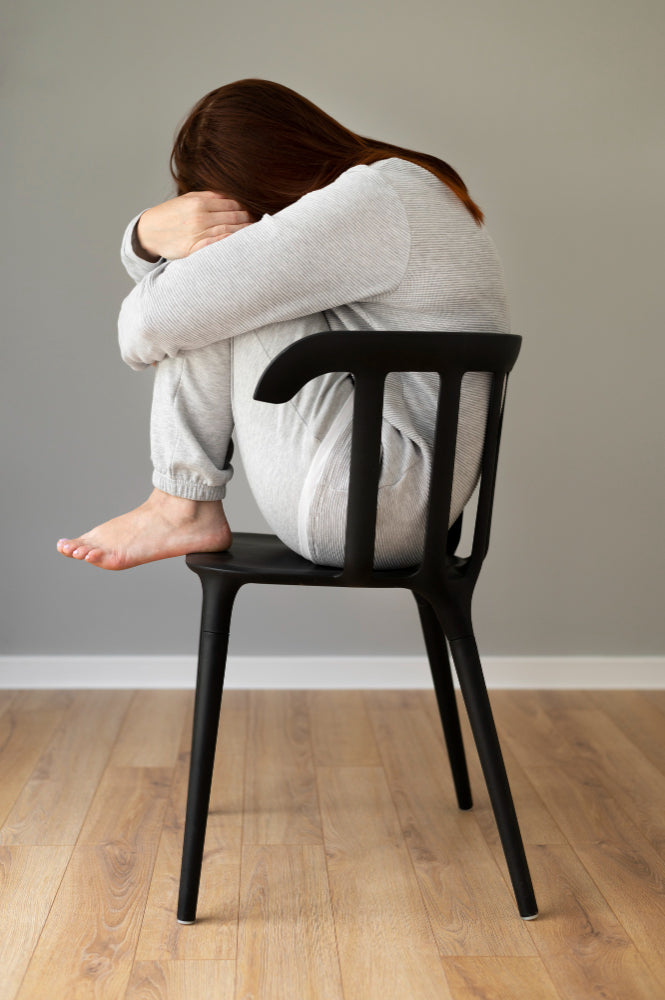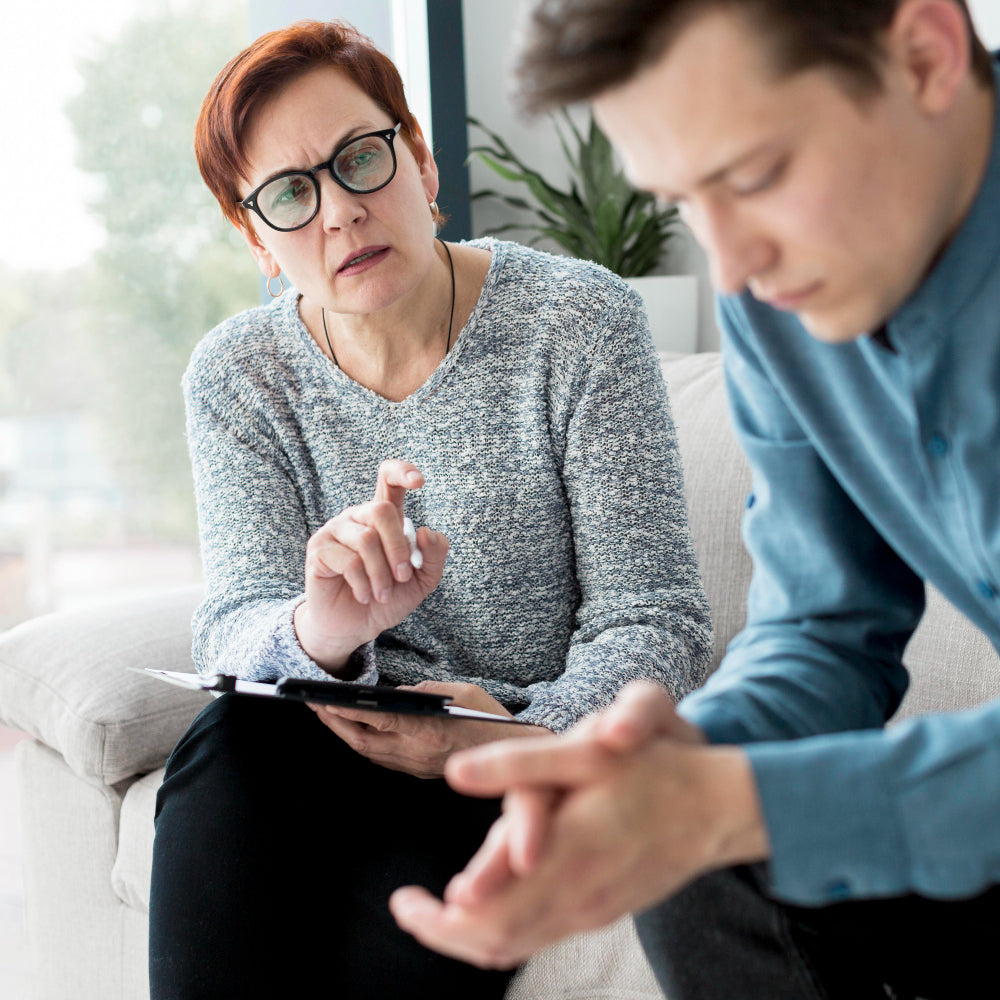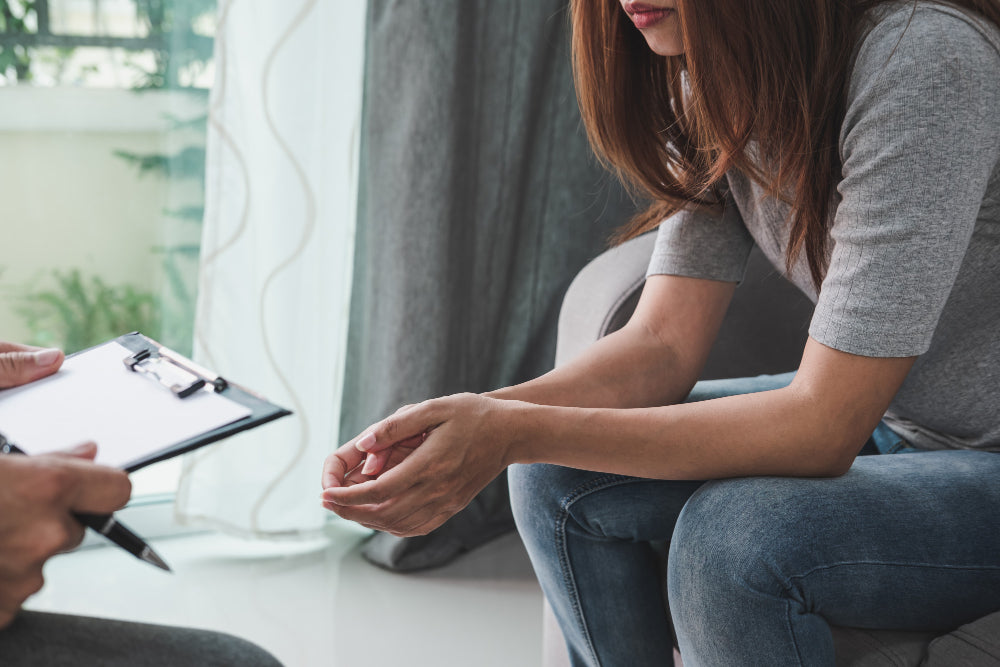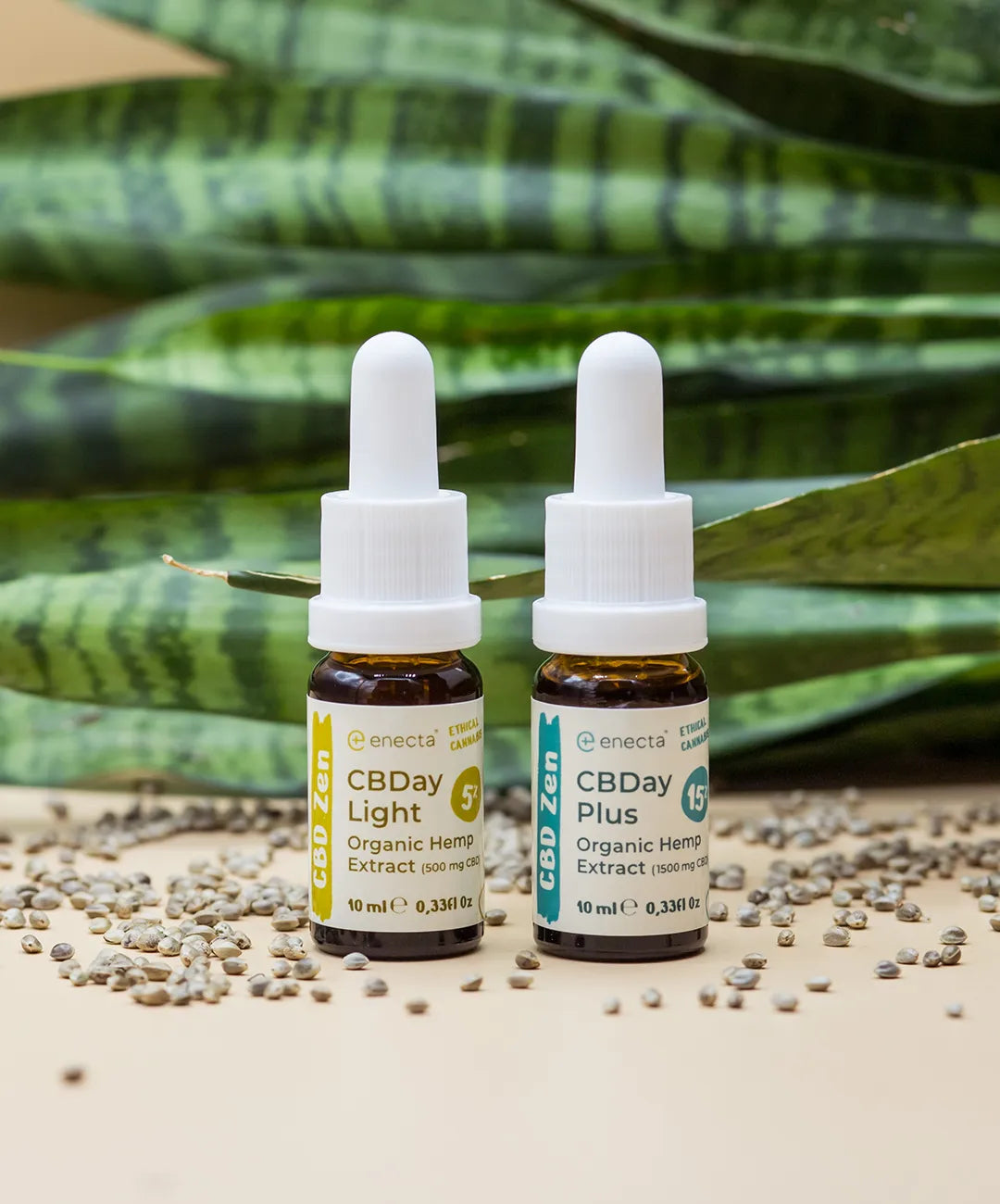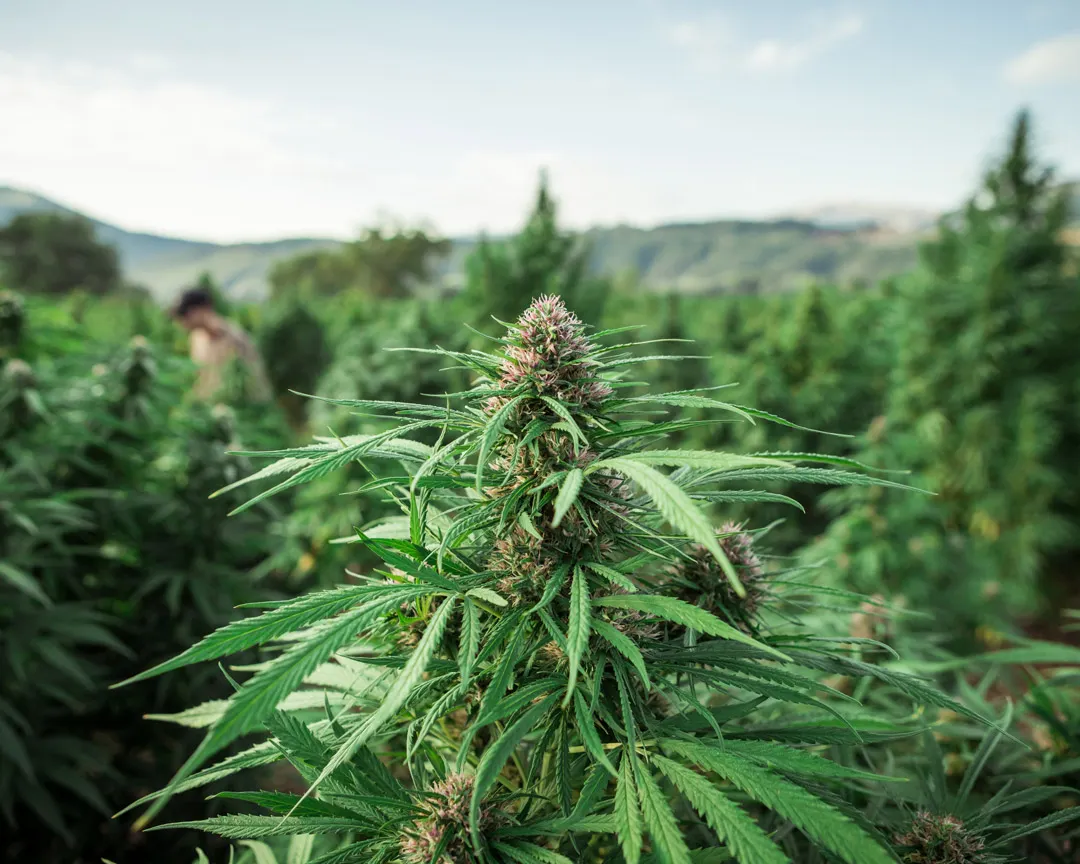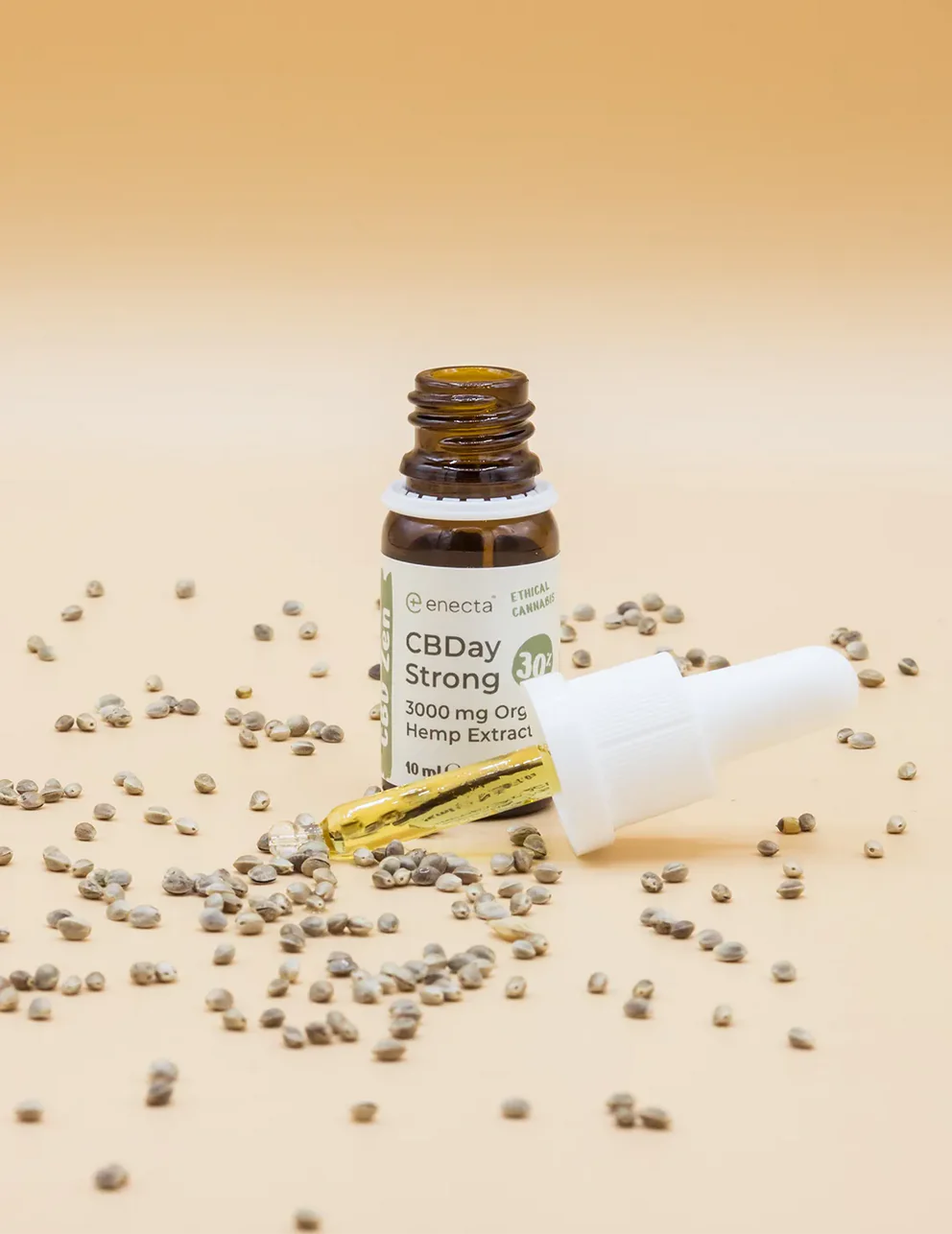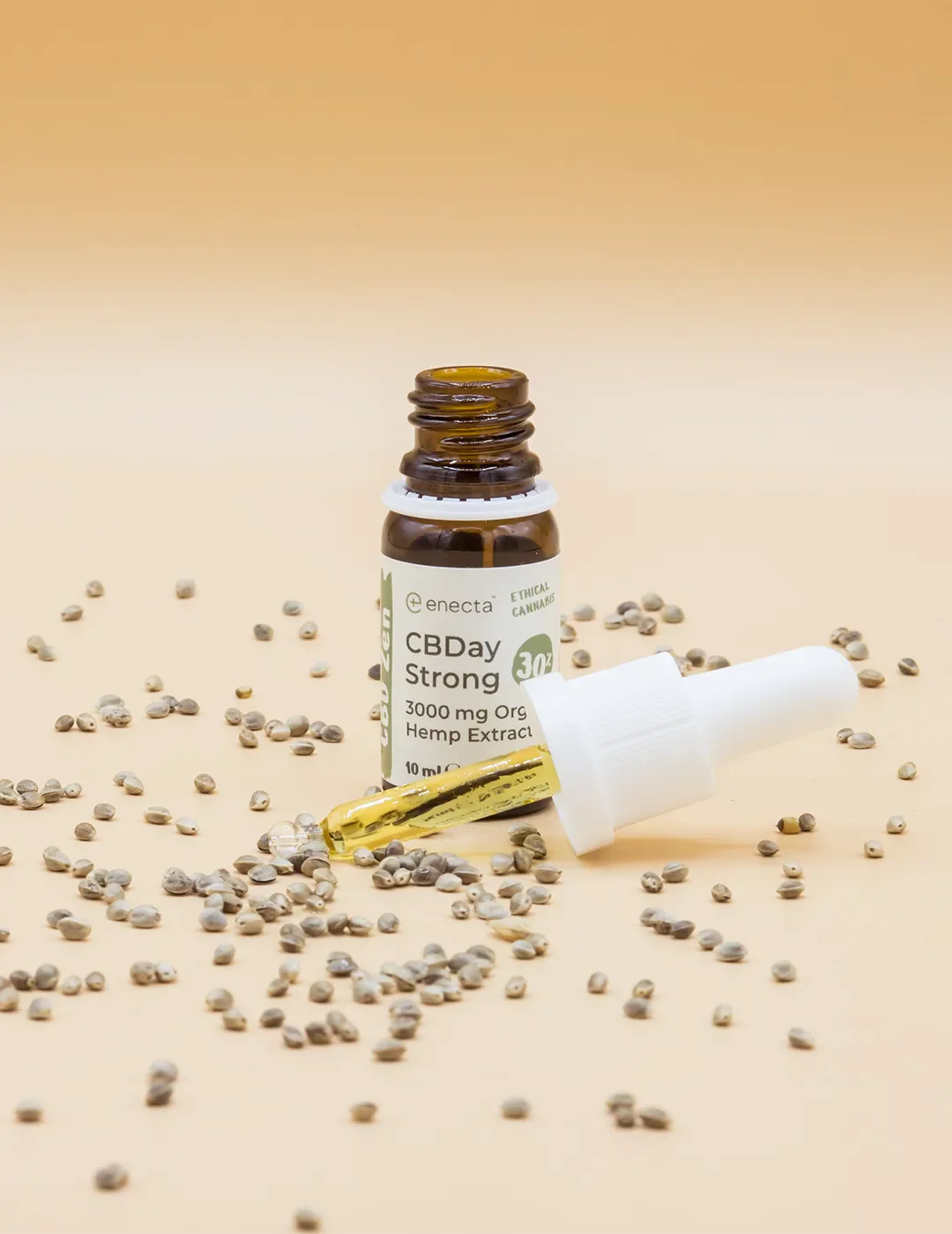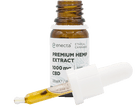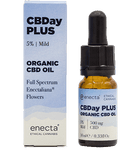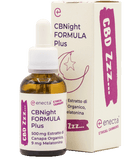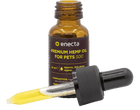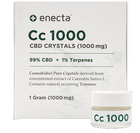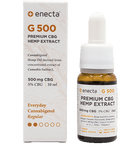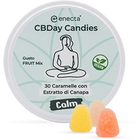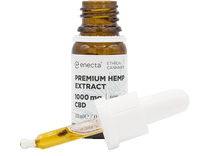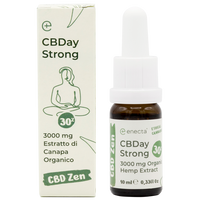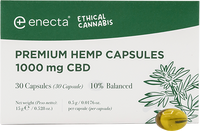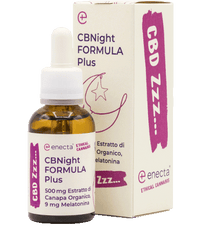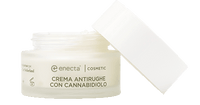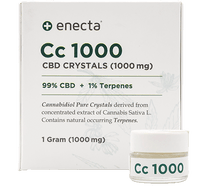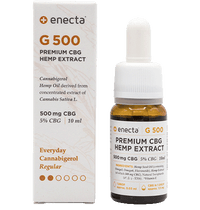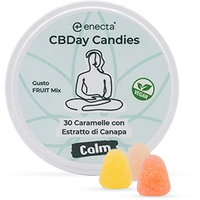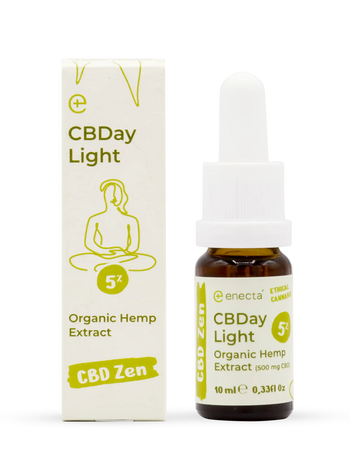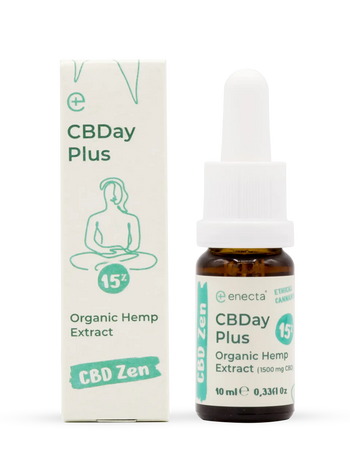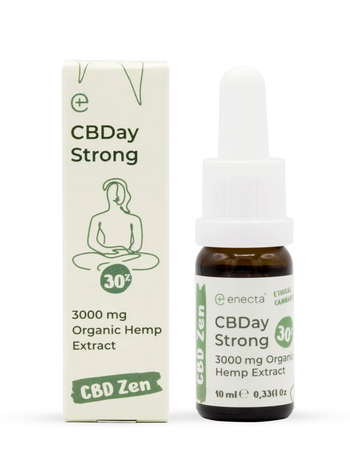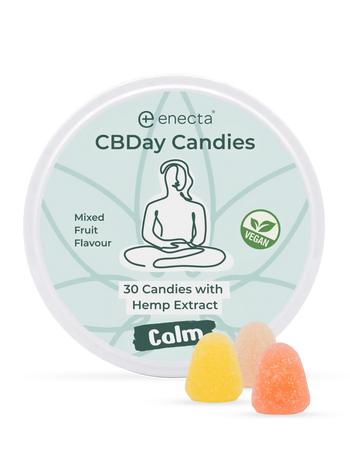Anxiety is a natural reaction to stressful and dangerous situations. For evolutionary causes, fear and anxiety are deeply anchored in human beings and essential for survival. If we had no fear, we would long since be gone. Fear and anxiety originate in our minds and manifest themselves with various symptoms.
However, health professionals speak of anxiety disorders if these emotions go beyond a "healthy" and natural level. In these cases, the individuals concerned experience anxiety, although the situation wouldn't seem to require it.
Anxiety disorders can be divided as follows:
Generalized anxiety disorder:
Patients experience constant feelings of anxiety for no apparent reason, which severely impair daily functioning and quality of life. They are nervous, distracted, and have to deal with hot flashes, pain (e.g., tension headaches), and insomnia.
Social phobia:
People with social phobia have trouble engaging in social interactions. Even a simple conversation with an unknown person causes great anxiety that can culminate in panic attacks. The interaction with an audience, for example, during a business presentation, is also a seemingly insurmountable challenge.
Panic Disorder:
This disorder is characterized by extreme and overwhelming feelings of anxiety that occur suddenly and often end with a panic attack, which can result in shortness of breath, chest pain, sweating, nausea, and other very unpleasant symptoms. Post-traumatic stress disorder (PTSD) is a delayed psychological response to a traumatic event and is often associated with anxiety and panic.
In addition, various other anxiety disorders severely affect psychological well-being. The OECD estimates that anxiety disorders affect around 25 million people across the EU. Affected individuals often find it difficult to talk about it and wait too long to see a doctor. Conventional medical treatment and the use of CBD as a natural supplement are not mutually exclusive in most cases.
